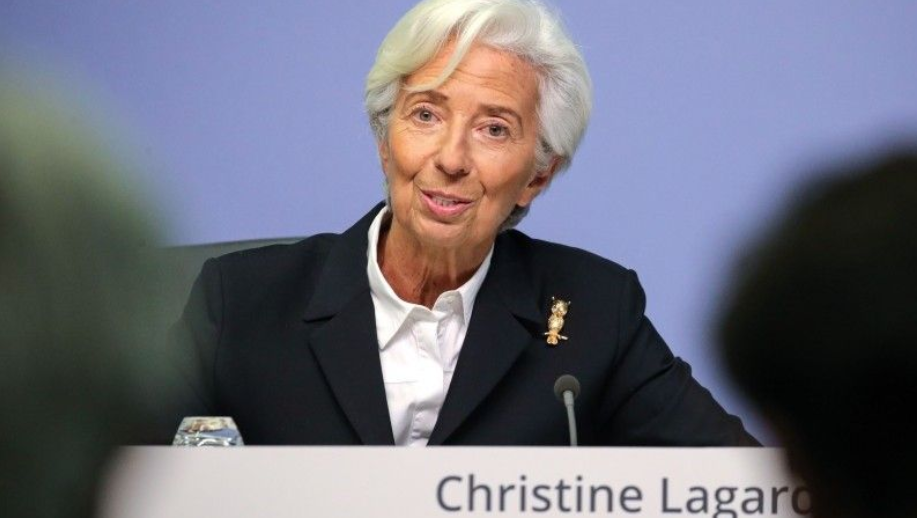Den tyske højesteret, forfatningsdomstolen, har givet ECB og forsøgene på at lave fælles EU-lån et hårdt slag, da domstolen i sin dom i går sagde, at ECB har overskredet sit mandat med QE-opkøbsprogrammet. ING erkender, at det vil tage tid at vurderer de langsigtede virkninger af dommen. Dog vil dommen ikke få virkning for ECBs nuværende og massive hjælpeprogram for at afhjælpe coronakrisen.
Uddrag fra ING:
Eurozone: Big bang from Karlsruhe
It will take some time to fully understand the implications of the German Constitutional court’s ruling on the ECB’s quantitative easing programme today. There are several ways to read a ruling which agrees to some of the complaints brought forward. But this could certainly become a real problem for the ECB in the recovery phase of the crisis
What did the court decide?
- The German court ruled that the German government and national parliament failed to take steps challenging the European central bank’s decision.
- With quantitative easing, the ECB violated the principle of proportionality of its monetary policy and did not take into account the impact of QE on economic policy. Read that as: the ECB exceeded its mandate and did not sufficiently take into account the adverse effects of its monetary policy decisions.
- QE did not violate the prohibition of monetary financing of governments.
- The German government and parliament have “a duty to take active steps against the PSPP in its current form.”
- The Bundesbank is no longer allowed to participate in QE or reinvestments unless the ECB “adopts a new decision that demonstrates in a comprehensible and substantiated manner that the monetary policy objectives pursued by the PSPP are not disproportionate to the economic and fiscal policy effects resulting from the programme.” within three months.
End of a long saga
Today’s ruling is a big bang at the end of a long saga of several lawsuits against the ECB’s QE programme and the OMT programme.
What followed was a series of expert hearings, including Bundesbank President Jens Weidmann, expressing doubts over a possible breaching of the treaty prohibition on monetary financing of governments and an over-stretching of the ECB’s mandate.
An optimistic interpretation could be this is lots of barking without biting and that everything is fine as long as the ECB demonstrates that it has thought through the economic consequences of its decisions but a pessimistic interpretation could be no amount of additional ECB analysis will convince German judges and could, therefore spell the end of QE.
In 2017, the German court asked the European Court of Justice (ECJ) for advice. In 2018, the ECJ backed the validity of the QE programme but added some conditions. Today, the German Constitutional court came back with vengeance. It did not only basically tell the European Court of Justice that it didn’t have a clue when coming up with its verdict, but it also puts new uncertainty with open questions in the eurozone and the ECB.
To our knowledge, there have been plenty of papers and analysis from the ECB pointing to the positive and negative effects of QE. One keyword here is ‘counterfactual’ as it will always be very hard to demonstrate proportionality of its actions if there is no evidence how the economy would have looked like without QE.
Apart from the fact that the war of the courts continues, the most relevant part of today’s ruling is the part prohibiting the Bundesbank to participate in QE unless the ECB comes up with a better explanation of its proportionality analysis. An optimistic interpretation could be this is lots of barking without biting and that everything is fine as long as the ECB demonstrates that it has thought through the economic consequences of its decisions but a pessimistic interpretation could be no amount of additional ECB analysis will convince German judges and could, therefore spell the end of QE.
What does it mean for the ECB?
Today’s decision did not concern the recent PEPP to tackle the Covid-19 crisis. Some might see it as an attempt to also hit PEPP but at the same time, the proportionality of PEPP in the midst of severe economic crisis will be probably less contested than QE. So, we will have to give it some time and wait for the ECB’s reaction.
Today’s decision could become a real problem for the ECB in the next phase of the crisis when the recovery starts. Then, a reshuffling between PEPP and PSPP could take place to shift from fire extinguishing mode to a growth supportive model. This shift has now been complicated. What a big bang!











